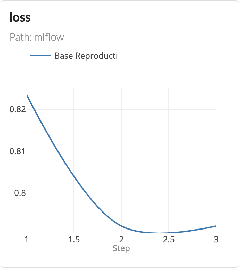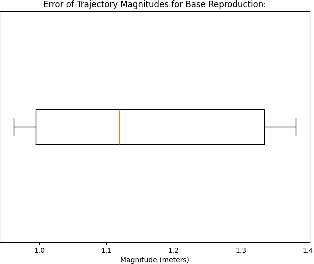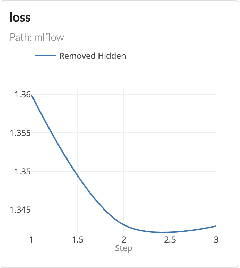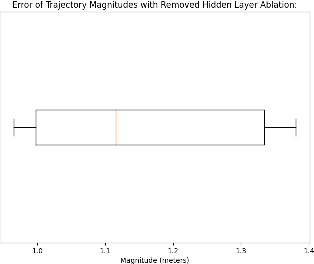Vinay Gupta
Purdue University, Equal Contributors
Evaluating MEDIRL: A Replication and Ablation Study of Maximum Entropy Deep Inverse Reinforcement Learning for Human Social Navigation
Jun 03, 2024



Abstract:In this study, we enhance the Maximum Entropy Deep Inverse Reinforcement Learning (MEDIRL) framework, targeting its application in human robot interaction (HRI) for modeling pedestrian behavior in crowded environments. Our work is grounded in the pioneering research by Fahad, Chen, and Guo, and aims to elevate MEDIRL's efficacy in real world HRI settings. We replicated the original MEDIRL model and conducted detailed ablation studies, focusing on key model components like learning rates, state dimensions, and network layers. Our findings reveal the effectiveness of a two dimensional state representation over three dimensional approach, significantly improving model accuracy for pedestrian behavior prediction in HRI scenarios. These results not only demonstrate MEDIRL's enhanced performance but also offer valuable insights for future HRI system development, emphasizing the importance of model customization to specific environmental contexts. Our research contributes to advancing the field of socially intelligent navigation systems, promoting more intuitive and safer human robot interactions.
 Add to Chrome
Add to Chrome Add to Firefox
Add to Firefox Add to Edge
Add to Edge